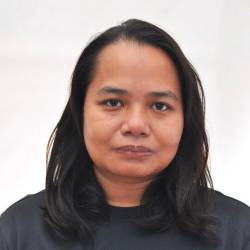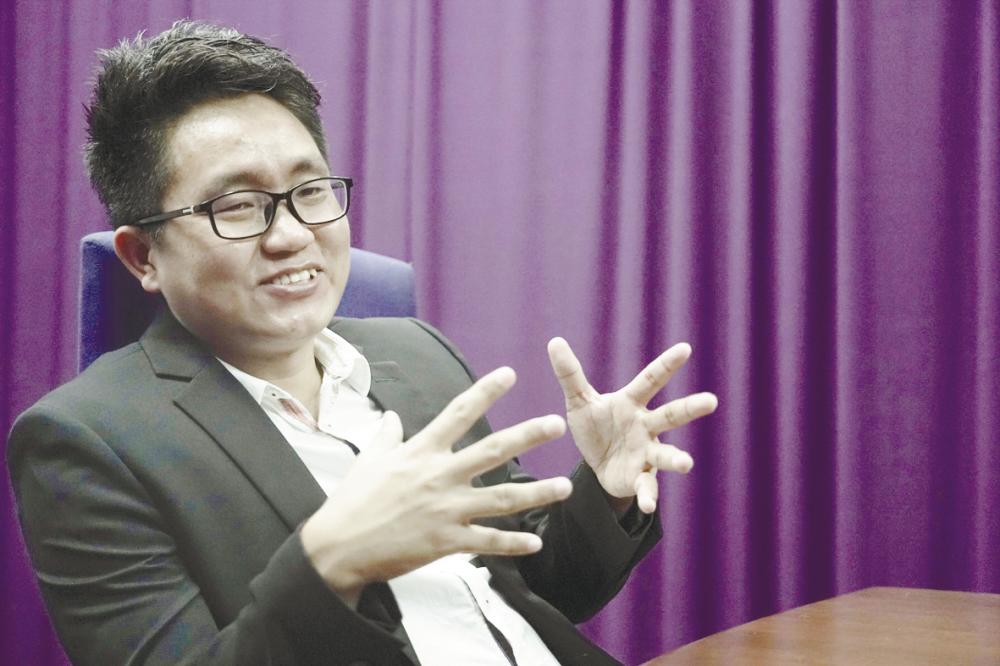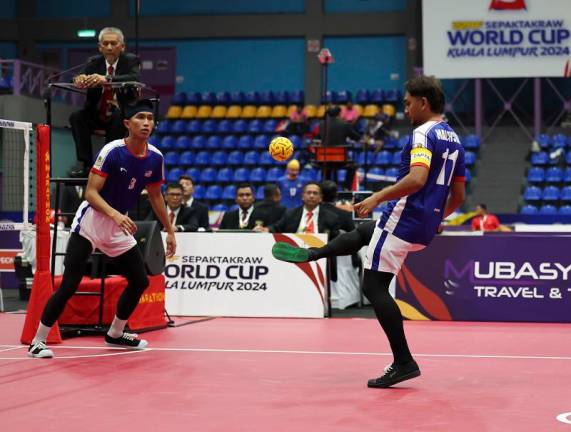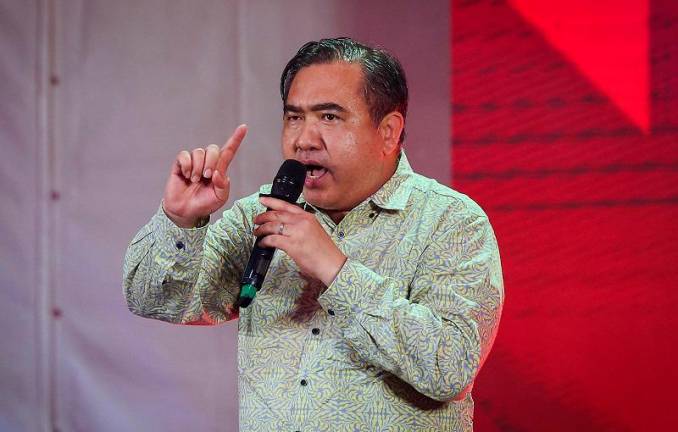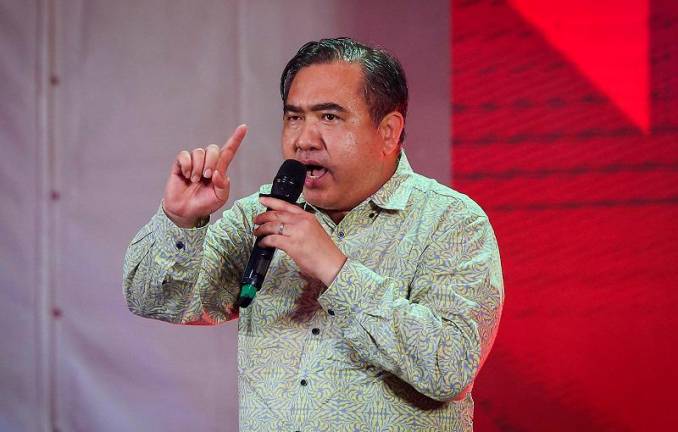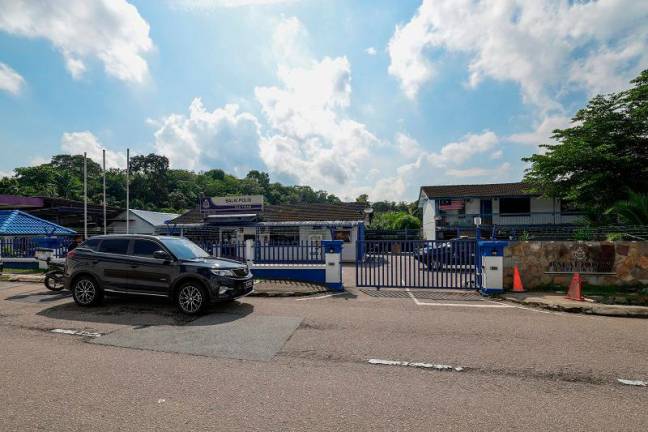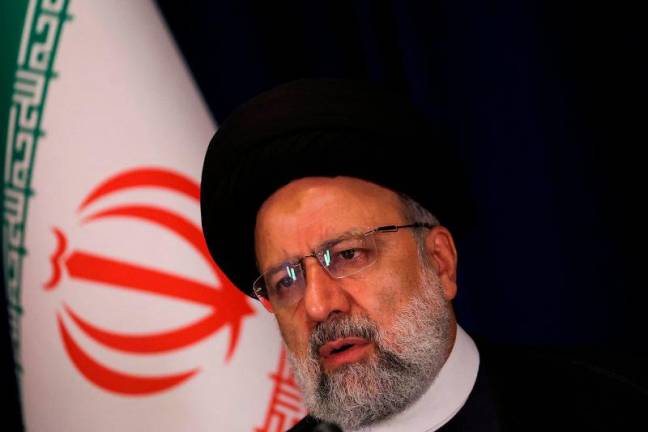MALAYSIA is the only home James Bawi Thang Bik (pix) has known since he was 16. Like other displaced people, returning to his homeland is an impossible dream.
On the other hand, his future remains uncertain as long as he stays in Malaysia. Like other refugees, Bawi does not have rights, jobs are hard to find and the threat of being detained by law enforcement officers is a daily risk.
But Bawi, aged 27 now, remains determined to carve out a better future for himself and others in his community.
In a recent interview with theSun, Bawi recounted fleeing unrest in his home state of Chin, in western Myanmar.
Compared with his home country, it is heaven in Malaysia. He had hopes of getting an education but soon realised that he was not entitled to those basic rights given his status as an asylum seeker.
In 2013, he and his compatriots were told that they could get protection if they registered as refugees with the United Nations High Commissioner for Refugees (UNHCR).
Bawi did and he eventually landed a job as a kitchen staff at a restaurant, and even went on to study business management, organised by a fellow Chin refugee.
In 2018, the UNHCR informed them that since conditions had returned to being “stable and secure” in Chin state, they were encouraged to return home, and the protection accorded to them would be withdrawn. The process was called “cessation”.
Bawi, by then coordinator for the Alliance of Chin Refugees, organised a peaceful protest and a year later, the UNHCR reversed its decision.
He now runs free English and computer classes for children of refugees. But as humanity marks World Refugees Day this Sunday, the future remains uncertain for Bawi and others like him.
According to available statistics, there are close to 200,000 refugees and asylum seekers in Malaysia, and the Chins are the single largest community.
According to the Agora Society, trying to be financially independent is next to impossible for the Chins.
“Legally, they are not allowed to work, so they do it at their own peril,” the non-governmental organisation said. It also pointed out that the authorities continue to regard asylum seekers and refugees as illegal migrants, and therefore, a threat to national security.
The Agora Society said the government should allow them to work to ensure they get a decent livelihood instead of treating them as a threat. “They can be made to pay taxes like Malaysians. After all, the economy is heavily dependent on migrant workers.”
Agora said that the Malaysian Employers Federation has long advocated for the right of refugees to work in the country.
Migrant Care coordinator Alex Ong said refugees should be allowed to have an identity and the right
to work. “We need to have clear social policies to manage the community and the UNHCR is a necessary agency to manage them.
“Non-governmental organisations should be given a free hand to help refugees to lessen the risk of social problems caused by continuous harassment by enforcement officers.”
Migrant Workers Right to Redress Coalition chairman Rani Rasiah said that there is a need for a more comprehensive policy on migrant workers, particularly in areas related to their health and employment.
“This has never been more urgent than now, when the country is still trying to manage the pandemic.”
Rasiah pointed out that many refugees are also subject to
human rights violations, including
non-payment of wages, physical abuse and debt bondage.
While the future remains uncertain, Bawi refuses to give up. He has become the leader of the Chin refugees in Malaysia and is determined to do all he can for them.



